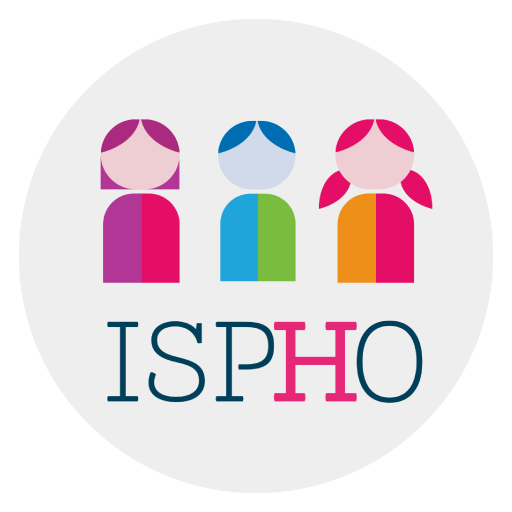תאריך: 20/07/2007
Summary
Background
Over half of childhood intracranial ependymomas occur in children younger than 5 years. As an adjuvant treatment, radiotherapy can be effective, but has the potential to damage the child's developing nervous system at a crucial time—with a resultant reduction in IQ and cognitive impairment, endocrinopathy, and risk of second malignancy. We aimed to assess the role of a primary chemotherapy strategy in avoiding or delaying radiotherapy in children younger than 3 years with intracranial ependymoma.
Methods
Between December, 1992, and April, 2003, we enrolled 89 children with ependymoma who were aged 3 years or younger at diagnosis, of whom nine had metastatic disease on pre-operative imaging. After maximal surgical resection, children received alternating blocks of myelosuppressive and non-myelosuppressive chemotherapy every 14 days for an intended duration of 1 year. Radiotherapy was withheld unless local imaging (ie, from the child's treatment centre) showed progressive disease.
Findings
50 of the 80 patients with non-metastatic disease progressed, 34 of whom were irradiated for progression. The 5-year cumulative incidence of freedom from radiotherapy for the 80 non-metastatic patients was 42% (95% CI 32–53). With a median follow-up of 6 years (range 1·5–11·3), overall survival for the non-metastatic patients at 3 years was 79·3% (95% CI 68·5–86·8) and at 5 years 63·4% (51·2–73·4). The corresponding values for event-free survival were 47·6% (36·2–58·1) and 41·8% (30·7–52·6). There was no significant difference in event-free or overall survival between complete and incomplete surgical resection, nor did survival differ according to histological grade, age at diagnosis, or site of disease. In 47 of 59 (80%) patients who progressed, relapse resulted from local control only. The median time to progression for the 59 patients who progressed was 1·6 years (range 0·1–10·2 years). The median age at irradiation of the whole group was 3·6 years (range 1·5–11·9). For the 80 non-metastatic patients, the 23 who achieved the highest relative dose intensity of chemotherapy had the highest post-chemotherapy 5-year overall survival of 76% (95% CI 46·6–91·2), compared with 52% (33·3–68·1) for the 32 patients who achieved the lowest relative dose intensity of chemotherapy.
Interpretation
This protocol avoided or delayed radiotherapy in a substantial proportion of children younger than 3 years without compromising survival. These results suggest, therefore, that primary chemotherapy strategies have an important role in the treatment of very young children with intracranial ependymoma.
Prof Richard G Grundy, MBChB, Sophie A Wilne, MBBS, Claire L Weston, MSc, Kath Robinson, BA, Linda S Lashford, MBBS, Prof James Ironside, MBChB et al.

